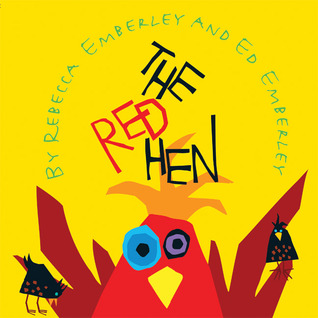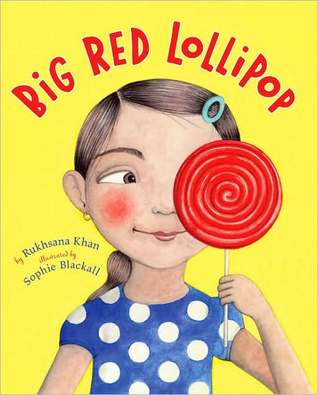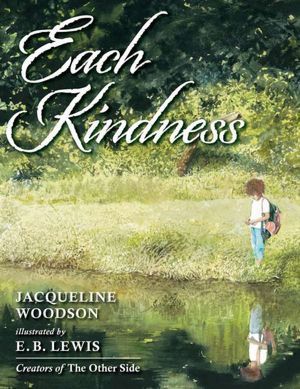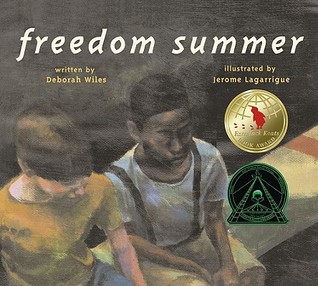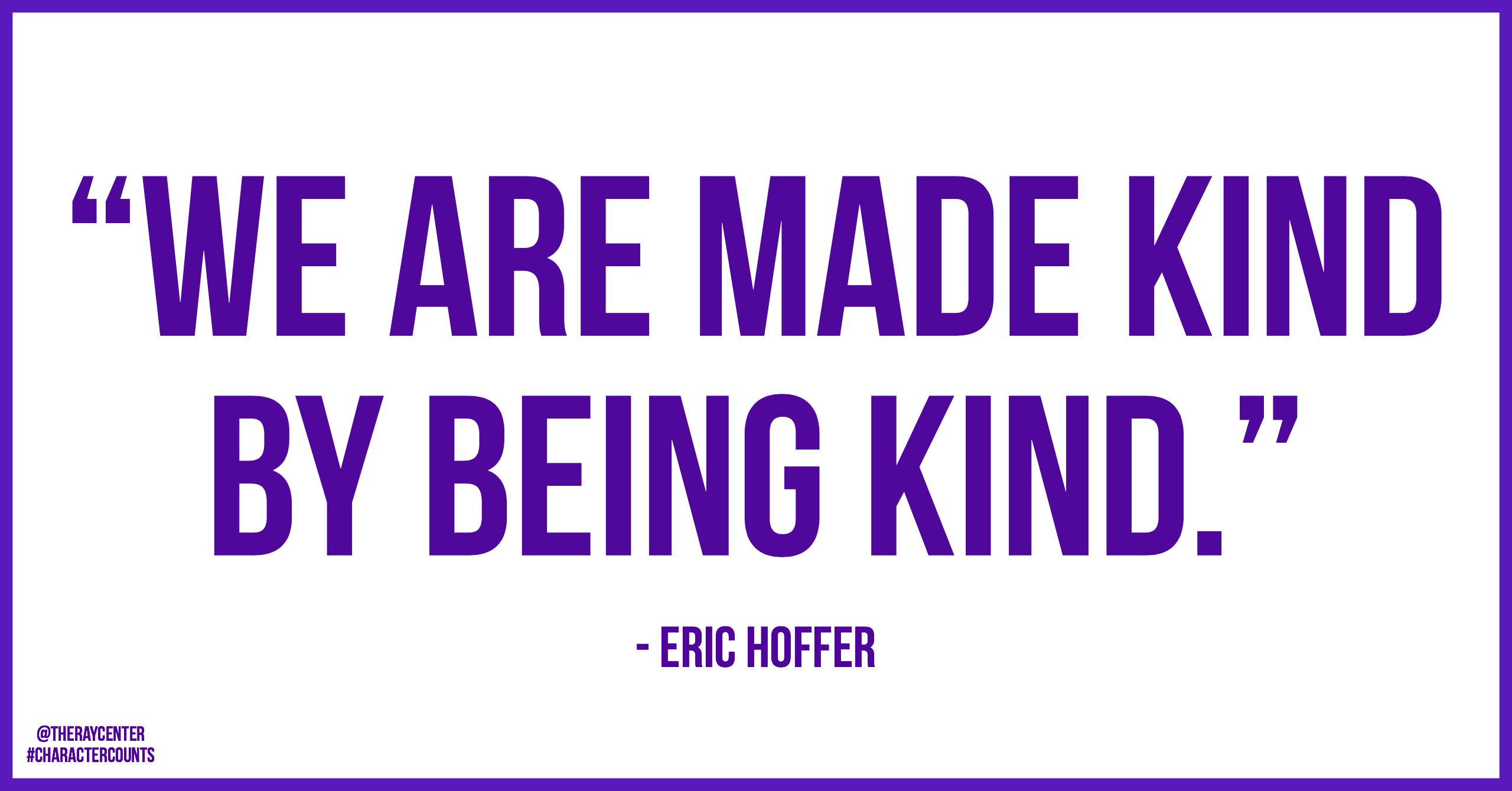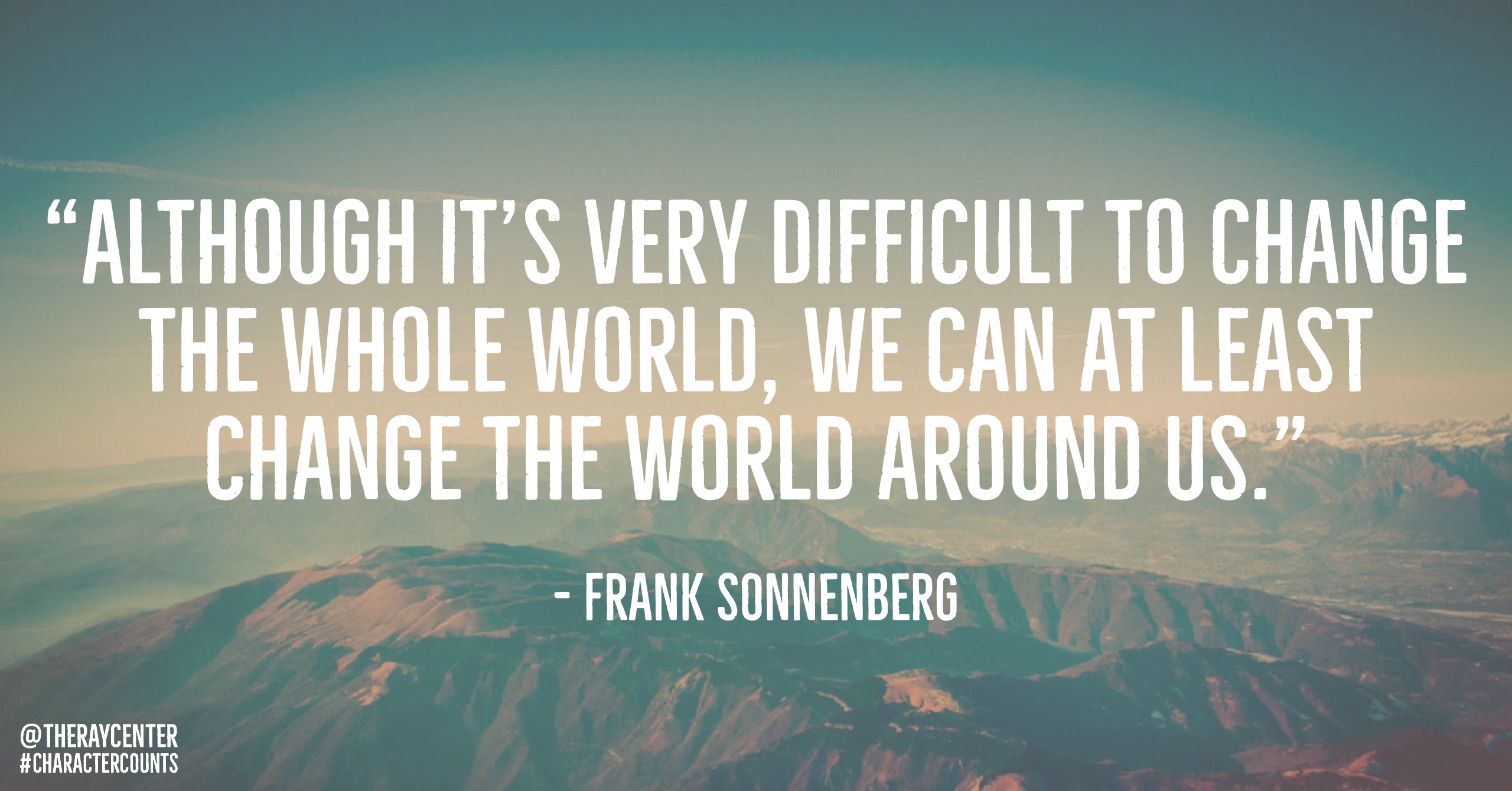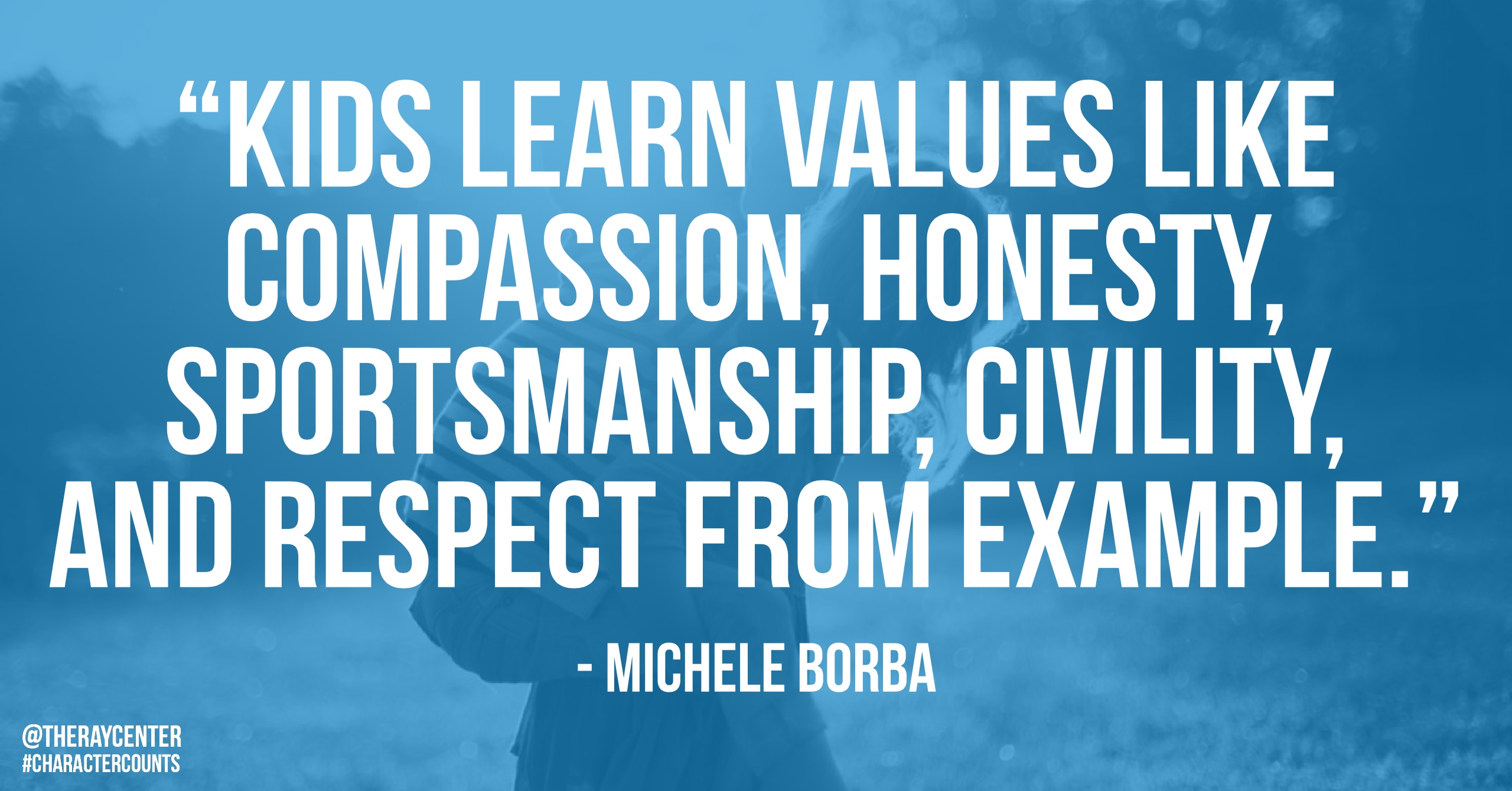
From our guest contributor, Michele Borba.
Parents behaving badly is a timeless problem, but there’s a modern-day category of ill-behaving Moms and Dads who could easily earn membership in the Parents Wall of Shame. Their actions are insensitive, manipulative and callous, but also impact kids. Make no mistake, uncivil adult behaviors affect children’s moral development. After all, kids learn values like compassion, honesty, sportsmanship, civility, and respect from example. And oh how today’s kids desperately need good role models! But grownup insensitivity also affects other parents who should be around supportive, civil-minded adults! Here are six bad parenting behaviors that are affecting our kids’ character and solutions.
#1. The Braggart
New Child and Parent Motto: “Share and take turns.”
Whether it’s bragging about our kid’s grades, talent, or athletic feats, parents love to boast! One survey found that the average mom posts a whooping 1,000 photos of their child online before he turns five. Of course we are proud of our kids, but always bragging, constantly comparing, or continually dismissing other children’s accomplishments also lower the other parent’s confidence. Parental boasting and bragging may be one reason today’s teen narcissism increased 58 percent in 30 years. Watch out! Kids copy what they see and hear and it’s not always pretty and polite.
Solution: Parental pride is natural, so when a parent who rarely boasts finally does, she deserves our sincere “Congrats.” If bragging is usually one-sided and rarely considers your child’s accolades, try: “Isn’t it wonderful how well our kids are doing? Mine just…” (and then describe your pride).
But what if the parent continues her exclusive “My kid is so special” routine and you want to maintain your relationship? Speak up and explain your side: “You always brag about your child and never ask about mine. I feel you care about my family.” If that doesn’t work, find another friend! Pride about our kids should always be a two-way club.
#2. The Bad Sport
New Child and Parent Motto: “Be a good sport or you can’t play.”
A Reuters News poll found that,60 percent of American adults who’d been to youth sporting events said they’d witnessed parents “become verbally or physically abusive towards the coaches or officials.” But there’s also parents screaming at their kids’ performance and booing the opposing team. No wonder nearly 75 percent of kids who play organized sports quit by age 13!
Yes, parents make huge investments in sports in hopes of scholarships and college entries, but bad behavior teaches poor sportsmanship and also undermine kids’ love for the game. Enough!
Solution: Unacceptable adult behavior can’t be ignored, but …
Confronting offensive parents can be a potential fireball. Better to move your seat, and approach cooled-down troublemakers later to share your concerns. Beware!
Many leagues and schools require parents to sign pre-season sportsmanship pledges and attend mandatory “ethics” courses or their kids can’t play. Spectators can then report inappropriate parental behavior to officials who can notify the offenders that uncivil behavior can mean banishment from games.
Meanwhile can we please be positive and remember to cheer the whole team, entire class, the other kid, not just our child? Please!
#3. The Gossip
New Child and Parent Motto: “If you can’t say anything nice, don’t say it!”
Think Queen Bees were confined to the middle school hive? Many adults never outgrew their mean childhood antics and now gossip about other parents. Those sordid details also show up on social media with no way for parents to defend themselves. While gossiping can be a way to connect with others and find reassurance about your parenting, cattiness is toxic. It’s easy to get caught in the gossip mill and spread hurtful rumors. Beware: kids pick up our behavior and mimic us. It’s a big reason the Mean Girl Tween Scene is flourishing.
Solution: Make a vow not to gossip. If you do hear cattiness, speak up: ‘It isn’t fair to talk about her when she isn’t here to defend herself.” And never give out information that a catty parent can use against you or others or assume that she won’t spread untruths about you. Meanwhile, find like-minded parents and join forces. Together, you can change norms.
#4. The Excluder
New Child and Parent Motto: “How would you feel if that happened to you?”
Deliberately leaving others out is called social exclusion, and is a form of bullying that causes deep distress. It peaks in middle school, but the tactic is all-too common with moms these days (“She’s cool and can join us.” “Don’t let Shelley come!”) But the excluded aren’t only women, but also their kids. One report described one mom who saved eight bus seats for 11-year girls. (She literally jumped on the bus and roped off the seats!) When a new girl asked if she could join “those girls,” the child was told “Sorry, but those seats are reserved.” Adults who socially engineering the “in” and “out” cliques for kids, are being plain cruel.
Solution: Just plain refuse to join grownup Queen Bees. The best way to cultivate empathy is for parents to demand that kids treat others with dignity, and then show that you are inclusive.
To other Moms: “Let’s invite her! She just moved here.” Do the same with your child: “Invite all the boys: you don’t leave one out.” “Ask Abby to come!” How would you feel as a new kid?”
You might not be BFFs with every mom, but you will set a great example for your child. And that’s what matters!
#5. The Non-Disciplinarian
New Child and Parent Motto: “Be nice, or you can’t play.”
“I don’t discipline because I don’t want to damage my child’s self-esteem,” I hear from countless parents. While wanting to be a “Pal Not a Parent” is a hot trend, correcting misbehavior is part of raising good people. So how do you discipline when a misbehaving child is in your care?
Solution: While you don’t want to counter a parent’s child-rearing philosophy, if behavior is dangerous, harmful to others (like hitting, biting, bullying) or counters your values, you can’t ignore it.
You can review your rules: “In our house we don’t swear,” and separate kids from each other, but spanking, grounding, or yelling the “other child” are off-limits.
If the parent is present, disciplining their child is also a no-no. If misbehavior continues, call the parent: “I’m sure you would want to know so this is what our kids were up to.” Her child will give his interpretation, so better it come from you. Just don’t expect the parent to take your side. Do beware parental litigations are rising. Manhattan play groups ask parents to sign four-page waivers so they won’t be sued when supervising the other parents’ kids! It’s a very different world to raise kids!
#6. The Bully
New Child and Parent Motto: “Expect respect!”
Bullying is hurtful whatever the age, and it is always intentional-delivered cruelty. Nightmare stories continually surface about parents verbally abusing other moms and dads-both online and off. Bullying is learned and can be unlearned. The sooner we show kids how to stand up for themselves, the less likely they’ll be targeted.
Solution: Use my CALM Strategy for handling a bully of any age.
C – Stay calm. (Bullies love reactions).
A – Assert yourself with a strong (never insulting) comeback back: “Cut it out.” Or: “Stop it!”
L – Look bully in the eye.
M – Mean it! Deliver the line with a firm, confident, serious voice.
Practicing CALM with your child will help reduce peer cruelty.
Raising good people starts with adults modeling good character, and many grown-ups are in need of serious behavior makeovers.
Meanwhile, let’s take our own Reality Check and ask ourselves: “If my kid watched only my behavior, what would he have caught today?” That answer will say volumes about your child’s character development.
 Dr. Michele Borba is an educational psychologist, parenting expert, TODAY show contributor and author of 22 books including The Big Book of Parenting Solutions: 101 Answers to Your Everyday Challenges and Wildest Worries and UnSelfie: Why Empathetic Kids Succeed in Our All-About-Me World.
Dr. Michele Borba is an educational psychologist, parenting expert, TODAY show contributor and author of 22 books including The Big Book of Parenting Solutions: 101 Answers to Your Everyday Challenges and Wildest Worries and UnSelfie: Why Empathetic Kids Succeed in Our All-About-Me World.
Check out: micheleborba.com or follow her on Twitter @micheleborba.
